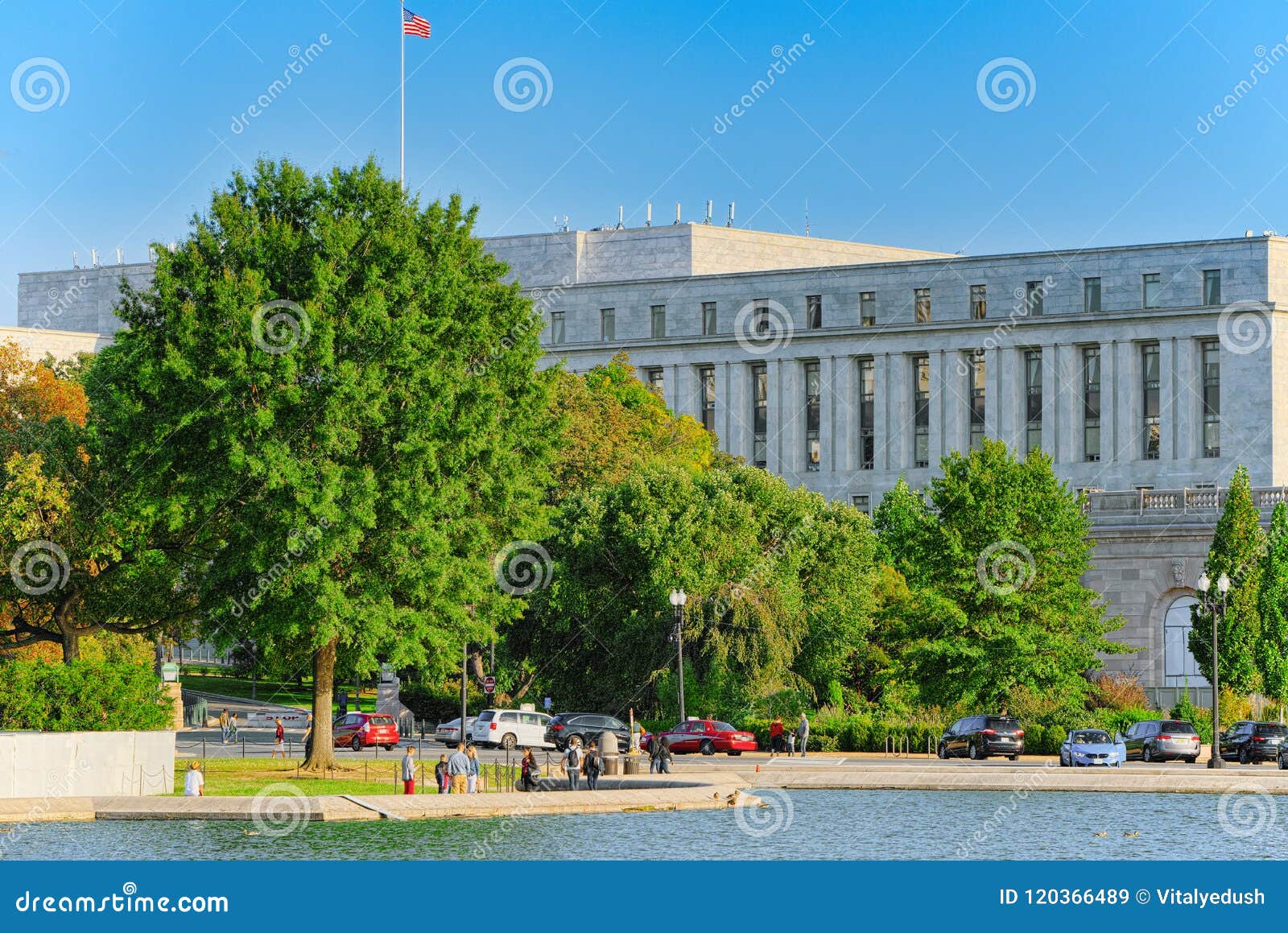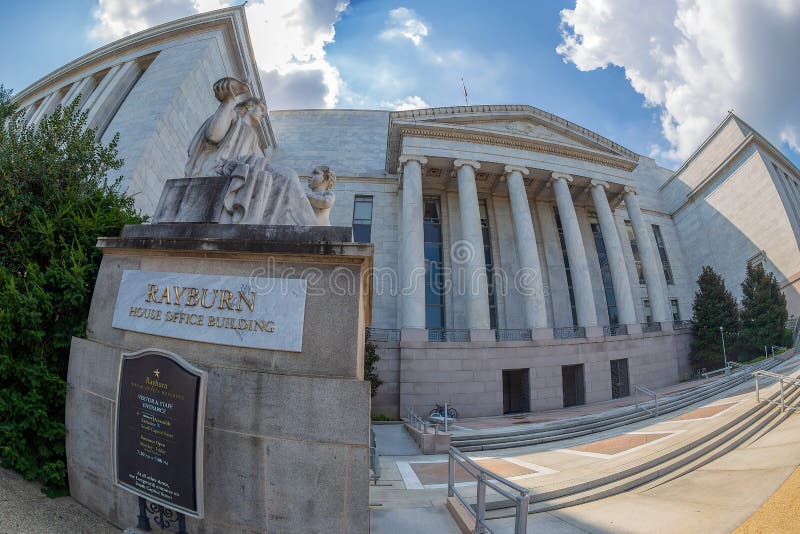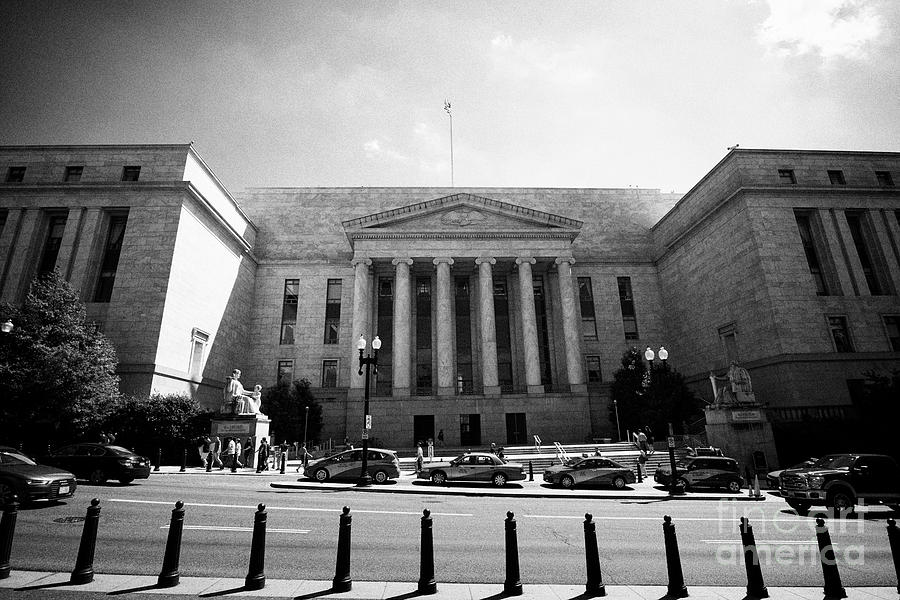Located in the heart of Washington DC, the Rayburn House Office Building stands as a significant landmark in the nation's capital. As one of the most important congressional office buildings, it plays a crucial role in shaping American legislation and governance. This historic structure serves as a working environment for numerous congressional representatives, making it an essential part of the legislative process.
As visitors and political enthusiasts flock to Washington DC, understanding the significance of the Rayburn House Office Building becomes increasingly important. This article aims to provide an in-depth look into the building's history, architecture, and its role in American politics. Whether you're a student, researcher, or simply a curious traveler, this guide will offer valuable insights into one of Washington's most iconic landmarks.
With its strategic location near the Capitol and its state-of-the-art facilities, the Rayburn House Office Building serves as a hub for legislative activities. This article will explore its architectural design, historical background, and its importance in the functioning of the U.S. House of Representatives. By the end of this piece, you'll have a comprehensive understanding of what makes this building so vital to American democracy.
Read also:Alana Cho Onlyfans Nude Exploring The Truth Behind The Headlines
Introduction to Rayburn House Office Building
Established in 1965, the Rayburn House Office Building is one of three House office buildings located on Capitol Hill. Named after long-time Speaker of the House Sam Rayburn, the building quickly became a symbol of legislative efficiency and modernity. Its design reflects the era's architectural trends while providing functional spaces for representatives and their staff.
Historical Background
The need for additional office space for members of Congress led to the construction of the Rayburn House Office Building. With the growing responsibilities of legislative work, the existing facilities could no longer accommodate the demands of modern governance. The building's dedication to Speaker Sam Rayburn honors his contributions to American politics and his dedication to public service.
Architecture and Design of the Building
The Rayburn House Office Building features a modernist architectural style that emphasizes functionality and efficiency. Its design incorporates elements that facilitate communication and collaboration among members of Congress. The building's layout is strategically planned to maximize productivity while maintaining a professional atmosphere.
Key Features and Facilities
- Office suites for representatives and their staff
- Conference rooms equipped with advanced technology
- Subway station connecting to the Capitol and other office buildings
- State-of-the-art cafeteria and dining areas
Role in American Politics
The Rayburn House Office Building serves as the central workspace for many members of the U.S. House of Representatives. Its proximity to the Capitol allows for seamless communication and coordination among legislators. This building plays a crucial role in facilitating the legislative process and ensuring the smooth functioning of Congress.
Impact on Legislation
As the site of numerous committee meetings and legislative discussions, the Rayburn House Office Building directly influences the creation and implementation of laws. Its facilities provide a platform for representatives to engage in meaningful dialogue and collaboration, fostering a productive legislative environment.
Visiting the Rayburn House Office Building
For those interested in experiencing the Rayburn House Office Building firsthand, several options are available. Tours and public access are typically coordinated through individual representatives' offices, offering visitors a unique opportunity to explore the inner workings of American democracy.
Read also:Mary Theresa Brunner A Comprehensive Insight Into Her Life And Achievements
Tour Information and Guidelines
- Contact your local representative's office to arrange a visit
- Adhere to security protocols and guidelines
- Plan your visit in advance to ensure availability
Security Measures and Protocols
Given its status as a government building, the Rayburn House Office Building maintains strict security measures to protect its occupants and visitors. These protocols ensure a safe and secure environment for all who enter the premises.
Key Security Features
- Metal detectors and screening at all entrances
- Restricted access to certain areas
- Security personnel stationed throughout the building
Notable Events and Milestones
Throughout its history, the Rayburn House Office Building has been the site of numerous significant events and milestones. These moments highlight the building's importance in shaping American legislation and governance.
Historical Significance
From landmark committee hearings to pivotal legislative discussions, the Rayburn House Office Building has witnessed many key moments in American political history. Its role in facilitating these events underscores its importance as a center of legislative activity.
Modernization and Renovations
As technology and legislative demands evolve, the Rayburn House Office Building undergoes periodic renovations and modernizations. These updates ensure that the building remains equipped to meet the needs of contemporary governance.
Recent Improvements
- Upgraded technology and communication systems
- Enhanced security features
- Improved accessibility for all visitors
Comparison with Other Congressional Buildings
While the Rayburn House Office Building shares similarities with other congressional buildings, it possesses unique features that set it apart. Understanding these distinctions provides valuable insights into the legislative infrastructure of Washington DC.
Key Differences
Compared to the Cannon and Longworth House Office Buildings, the Rayburn House Office Building offers more modern facilities and expanded office spaces. Its strategic location and advanced technology make it an ideal workspace for representatives and their staff.
Impact on Local Community
Beyond its role in national politics, the Rayburn House Office Building also impacts the local Washington DC community. Its presence contributes to the city's vibrant political culture and provides opportunities for civic engagement.
Community Engagement
Through outreach programs and public events, the Rayburn House Office Building fosters connections between lawmakers and their constituents. These initiatives promote transparency and strengthen the relationship between government and the community.
Future Developments and Expansions
Looking ahead, the Rayburn House Office Building will continue to evolve to meet the changing demands of legislative work. Planned developments and expansions aim to enhance its functionality and accommodate future needs.
Planned Upgrades
- Further technological advancements
- Increased sustainability measures
- Expanded facilities for public access
Conclusion
In conclusion, the Rayburn House Office Building stands as a vital component of Washington DC's legislative infrastructure. Its role in shaping American politics and facilitating effective governance cannot be overstated. By exploring its history, architecture, and significance, we gain a deeper appreciation for the building's contributions to American democracy.
We invite readers to share their thoughts and experiences with the Rayburn House Office Building in the comments below. For further insights into Washington DC's political landmarks, explore our other articles on Capitol Hill and its surrounding areas. Together, let's continue to deepen our understanding of the institutions that define American governance.
Table of Contents:
- Introduction to Rayburn House Office Building
- Historical Background
- Architecture and Design of the Building
- Key Features and Facilities
- Role in American Politics
- Impact on Legislation
- Visiting the Rayburn House Office Building
- Tour Information and Guidelines
- Security Measures and Protocols
- Notable Events and Milestones
- Modernization and Renovations
- Comparison with Other Congressional Buildings
- Impact on Local Community
- Future Developments and Expansions
References:
- U.S. House of Representatives Office of the Historian
- Architect of the Capitol
- Library of Congress
- Government Publishing Office


